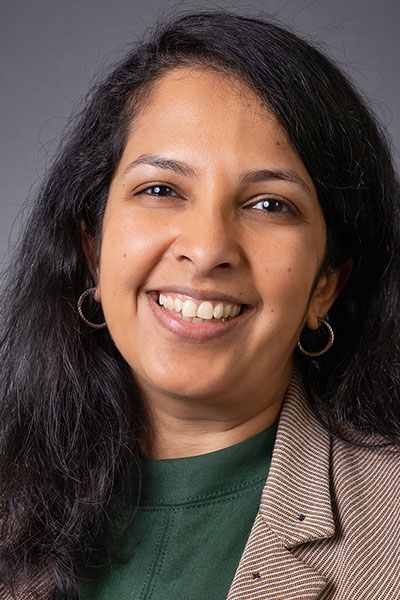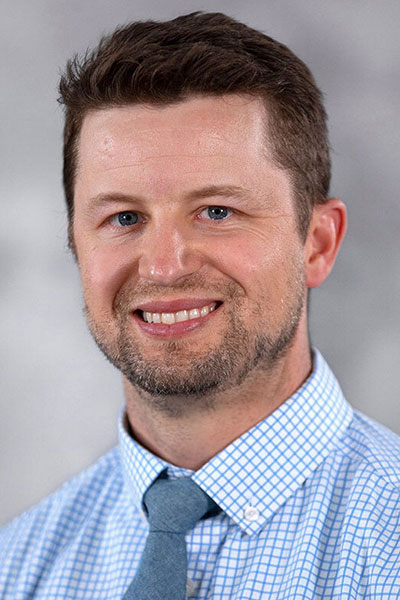The care and management of interstitial lung disease (ILD) can be challenging under any circumstances because of its heterogeneous etiology. But patients who live in rural areas often encounter additional challenges, including delivery-related delays in accurate diagnosis and treatment, that can contribute to worse health outcomes.
ILD experts will explore the many complicating factors faced by rural patients and their providers during the session, Challenges and Innovations to Improving Care for Rural Patients With Interstitial Lung Disease, on Wednesday, from 7:15 am to 8:15 am, in Room 311 of the convention center.

“Pulmonary fibrosis is a progressive disease, and, while we are learning a lot more about it, there are still a lot of knowledge gaps and disparities that exist, especially when it comes to patients living in rural communities,” said Session Co-Chair, Tejaswini Kulkarni, MD, MBBS, FCCP, Assistant Professor and Director of the Interstitial Lung Disease Program at the University of Alabama at Birmingham.
The session will consist of three presentations highlighting evidence-based measures to bridge those gaps and address disparities, followed by a panel discussion facilitated by Dr. Kulkarni about the path forward to improve care delivery for rural patients with ILD.

Session Co-Chair, Ryan Boente, MD, Assistant Professor of Clinical Medicine in the Division of Pulmonary, Critical Care, Sleep, and Occupational Medicine at Indiana University School of Medicine, will present strategies to overcome barriers to care delivery.
“A big challenge is that there are only a limited number of pulmonary fibrosis centers and clinics, and they are mostly located in larger cities, so patients in rural areas may face a 3- or 4-hour drive to come see us in the clinic,” Dr. Boente said. “One of the things we will talk about during the session is how we can use technology, including telehealth and home-based testing and monitoring, and extend our reach to be able to monitor and care for patients from a bigger distance without compromising the care that they receive.”
Alison DeDent, MD, of the University of California, San Francisco, will address barriers and facilitators to the delivery of subspecialty ILD care for rural patient populations. And Hyun Kim, MD, of the University of Minnesota, will focus on rural disparities in access to care and treatment of ILD.
“Our vision is to provide patients with pulmonary fibrosis who live in rural communities the ability to access comprehensive care, including not just pharmacological medications but pulmonary rehabilitation, management of their comorbidities, and access to lung transplant at the same level as our patients living in urban communities,” Dr. Kulkarni said.
CHEST is also working to help bridge the gap in subspecialty ILD care for rural patient populations with its Bridging Specialties™: Timely Diagnosis for ILD initiative with Three Lakes Foundation. Resources available in the ILD Clinician Toolkit can help clinicians reach an earlier diagnosis and start treatment for patients more quickly.
Join us at CHEST 2025
Save the date for the next Annual Meeting, October 19 to 22, 2025, in Chicago. CHEST 2025 will explore the latest advancements in pulmonary, critical care, and sleep medicine, with a focus on innovation and the future, just as the city itself embodies progress and reinvention.





